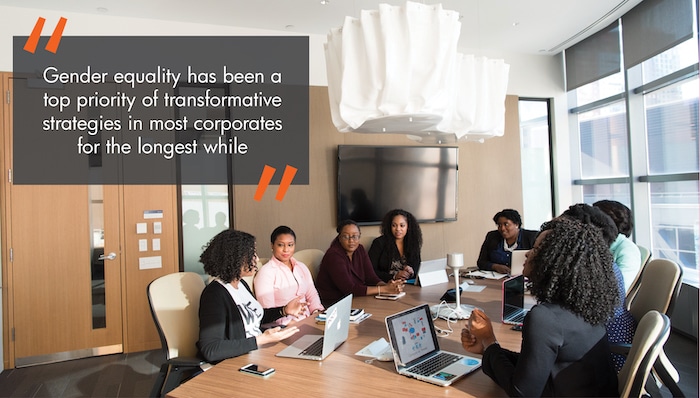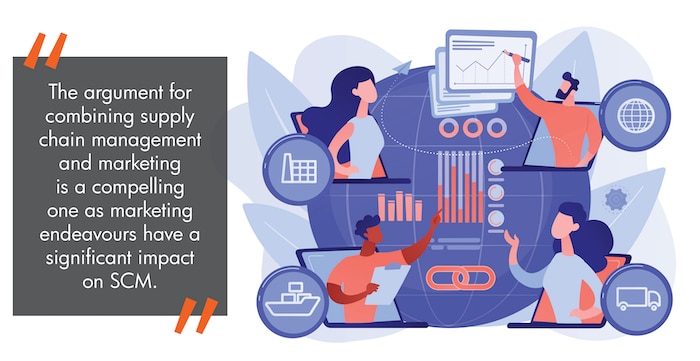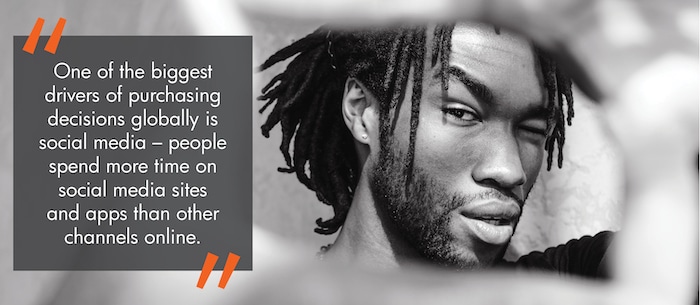Journal of Strategic Marketing Newsletter – June 2021
Journal of Strategic Marketing Newsletter – June 2021
R30-billion! South African ecommerce doubles in two years
The growth of online retail in South Africa in 2020 came to 66%, bringing the total ecommerce spend to R30.2-billion. The results of the Online Retail in South Africa 2021 study conducted by World Wide Worx with the support of Mastercard, Standard Bank and Platinum Seed, showed categories experiencing the highest growth – aside from data and airtime top-up – were clothing at 56%, and groceries at 54%.
“The most astonishing aspect of this total is that it is more than double the R14.1-billion reached in 2018, in just two years,” says World Wide Worx MD Arthur Goldstuck, principal analyst on the research project. “It is also 50% higher than the total forecast for 2020 three years ago, when online retail in South Africa was expected to reach R20-billion by 2020.” More than two-thirds – 68% – of these consumers used the time during the pandemic as a positive learning experience, while the demand for online entertainment also surged, with 52% of respondents saying they have spent more money on virtual experiences than they did before the pandemic.
‘Ethically Aware’ accreditation now available for SA products
With consumers becoming ever more environmentally and socially conscious, The Ethics Institute has launched the ‘Ethically Aware’ accreditation. It can be obtained through the Ethically Aware Supplier Induction (EASI) programme, an e-learning programme for companies who want to train their suppliers on responsible business practices. “EASI was designed to create an engaging learning experience on a topic that is often neglected,” says Prof Deon Rossouw, CEO of The Ethics Institute. “It is an interactive programme filled with animated video content, case studies, practical scenarios and exercises.” The Ethically Aware accreditation is valid for two years from date of completion, or until the senior manager who completed the training is no longer part of the management team.
The social media marketing genius of Billie Eilish
British pop star Billie Eilish has been labelled a “social media marketing genius” by UK media trade magazine, AdAge. With a new album about to drop, Eilish has dominated social media, particularly Instagram, as she shares her journey from green-haired “fashion disruptor” to blonde bombshell. A cover image of the album, Happier Than Ever, reached one million likes in just six minutes. The platform recently published its 20 Most Liked Pictures on Instagram: Eilish has eight of the 20 pics in Instagram’s 10-year history.
Olympic (Brand) Games 2020 … or 2021
The Olympic Games in Japan are scheduled to begin on 23 July… if they go ahead. Only North Korea has indicated it won’t take part. No overseas fans will be allowed to attend, while 72% of Japan’s citizens believe it should be cancelled again. In the meantime, what about brands, advertisers and sponsors? Reuters says the lack of support by citizens and the substantial price tag could be off-putting. “Japan’s Olympic sponsors are scaling back advertising campaigns and delaying marketing events for this year’s Summer Games, concerned that public sentiment toward the event is souring amid a fresh wave of Covid-19,” it reported. Canon Inc and Japan Airlines Co Ltd have collectively pitched in more than $3 billion to support the event.
UN Economic Mission for Africa highlights companies’ digital transformation
The UN Economic Mission for Africa’s Covid-19 Africa Impact Survey (March 2021) says there is optimism about growth in 2021 “even if the short-term remains uncertain”. “While the situation remains difficult, especially in the goods sector, companies appear to have seized the opportunity to accelerate digitalisation, launch new products and switch to local suppliers,” it reports. Sixty-five percent of the responding companies say the pandemic speeded up their digital transformation. This includes acquiring technology and tools; training of staff; conducting advertising campaigns; developing new products for online selling and hiring staff to support digital transformation.




